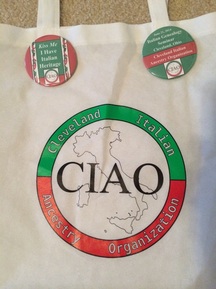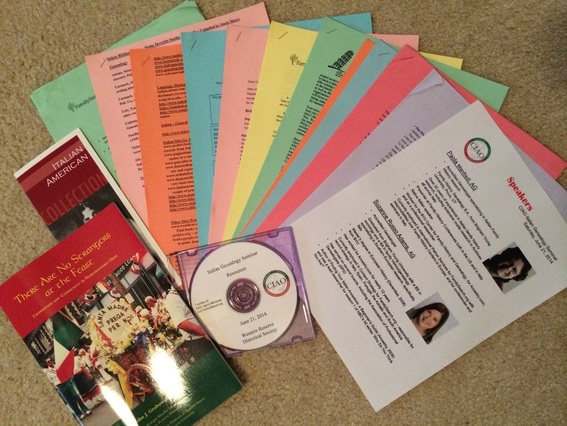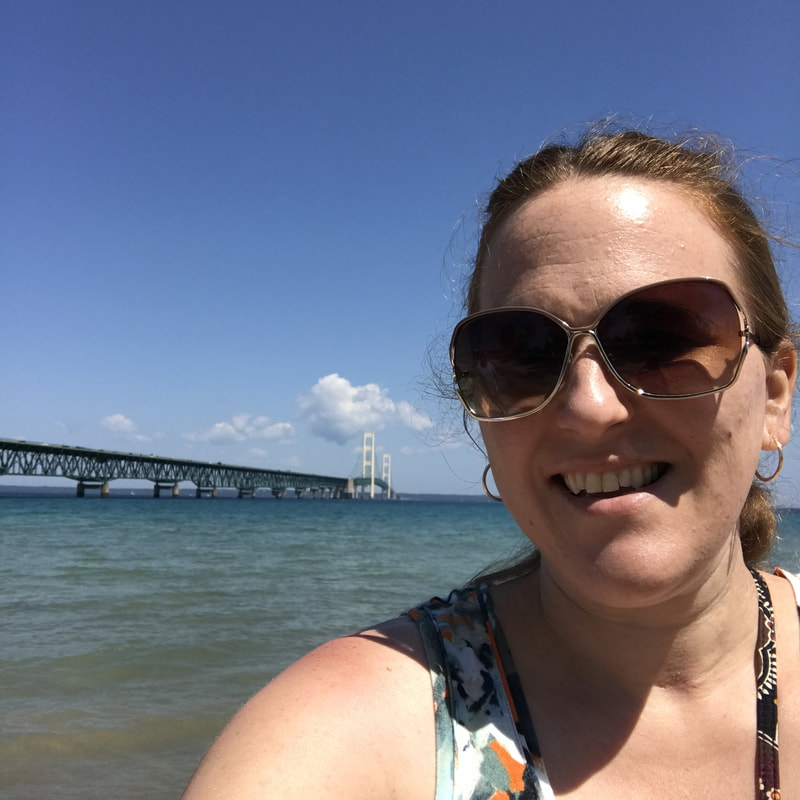
The seminar consisted of four main presentation sessions, with each presenter speaking simultaneously on a different topic, so I had to choose which talks I wanted to attend for each session. I attended Suzanne's first session, entitled 'Beginning Italian Research,' and, although I do not consider myself a beginner, it was a great review of some of the documents and resources I already know about. And, I actually learned things that I didn't know about, especially with regards to the hierarchy of how the records in Italy are made and where they are kept.
During the second session, I attended Paola's talk entitled, 'Post Napoleonic Civil Records in the Kingdom of the Two Sicilies.' Her previous presentation was about Napoleonic Civil Records, and she did give a little review of how the recording of civil records differed between the two periods. (Quick note: Both presenters did a great job of explaining the history behind the record-keeping, which was both interesting and helpful.) Paola showed us a lot of examples of actual birth, marriage, and death records so that we could get a feel for how they are arranged, which really helps in picking out the important information. Before this seminar, I was pretty intimidated by records written in Italian. However, I've learned that once you can recognize certain repetitive words and phrases, deciphering the information within the records becomes much easier. Here is the link to FamilySearch.org's educational page on Italian civil records.
I stayed with Paola for the third session. She presented on Italian military records, which a.) I knew nothing about and b.) I wanted to learn about because my great-grandfather served in the Italian Army during WWI. This presentation was fascinating; Paola spoke about the liste di leva, which lists information about ALL 18 year old men in a particular comune (town). Not only can you discover a man's parents' names from these records, but they also include a physical description of each 'draftee.' We also looked at a sample ruoli matricolari record, which is basically a description of a soldier's entire military service. While many state archives throughout Italy have started to put indexed records online, Sicily (where my great-grandfather was from) has not yet done so. (FamilySearch.org has a nice summary of Italian Military Records at this link.)
For the fourth and final session, I went back to listen to Suzanne present about online Italian research resources. She gave us a list of fifty websites that could potential help us with our Italian ancestor research. She highlighted a few of her favorites, including the Portale Antenanti, which contains over 19 million images from state archives all over Italy. Suzanne really emphasized trying to learn about your ancestor's hometown and the region's history, even before you delve into the search for individual records. She told us to try to Google location names in Italian, because doing so will likely yield more results. Currently, there are 30(!) cameras all over Italy, digitizing records that will soon be made available on FamilySearch.org (for LDS members) AND on the Portale Antenanti (for everyone). So, Suzanne told us, if your ancestors are nowhere to be found online as of yet, they probably will be there soon. Exciting news, for sure!
Overall, it was a great seminar. I learned a lot, and had an enjoyable time, too! We were served a yummy, yummy lunch and there was even a raffle of some great Italian- and genealogy-related books, food, and gift certificates. We were given awesome, comprehensive syllabus materials and a neat bag in which to carry everything. The price ($45) was very reasonable, and I hope the organization sponsors something like this again in the future.



